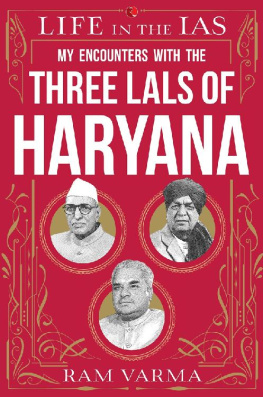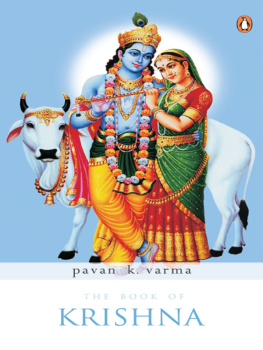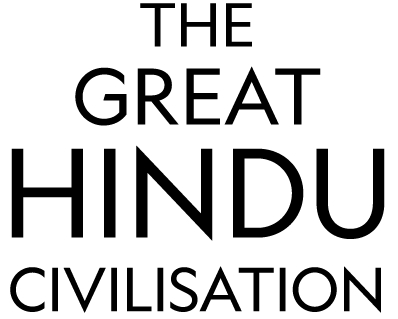Pavan K. Varma is a writer-diplomat and was till recently an MP in the Rajya Sabha. He was earlier Advisor to the Chief Minister of Bihar, with the rank of Cabinet minister. He has been Indias Ambassador in several countries, also Director of the Nehru Centre in London, Official Spokesperson of the Ministry of External Affairs, and Press Secretary to the President of India. Author of over a dozen successful books, Pavan K. Varma was conferred an Honorary Doctoral Degree for his contribution to the fields of diplomacy, literature, culture and aesthetics by the University of Indianapolis in 2005. He was also conferred the Druk Thuksey, Bhutans highest civilian award, in 2012.
Praise for Adi Shankaracharya: Hinduisms Greatest Thinker
Adi Shankaracharya is a valuable addition to the contemporary literature on Hinduism, a tribute to its scientific and philosophic basis, and an affirmation that it is much more than todays political ideologues depict. Shashi Tharoor, The Hindu
I regard Adi Shankaracharya: Hinduisms Greatest Thinker as a must-read for all Indians who want to be acquainted with the spiritual genius of India, which has a profound philosophical underpinning. Valson Thampu, Daily O
Pavan K. Varmas Adi Shankaracharya: Hinduisms Greatest Thinker is a comprehensive study of the life and times of the eminent philosopher. A meticulously researched volume, Varmas book is a dedication to the great seer, sage and thinker The Times News Network
Much of the writings on Shankaracharya, so far, have been just a representation of his writings, often in pamphlets. There have been various attempts to put together a biography, or as part of works on the mutts. In this book, it is all about the sages audacity of thought, and the scientific validation of the concept of Brahm. Vijaya Pushkarna, The Week
Praise for The Greatest Ode to Lord Ram: Tulsidass Ramcharitmanas
An eminent scholar, diplomat and politician, Varma has authored a book that challenges the anti-Hindu critics of Ram as well as the anti-Muslim Hindu right. The Hindu
Pavan Varma has devised an ingenious method of cutting through Tulsidas copiousness and immensity while retaining the integrity and flavour of the original. The Tribune
The book is an effort to bring out the beauty of a text, which was once written in the language of the people, but a vast swathe of urban north India itself cannot comprehend Awadhi, let alone the rest of the country. The Week
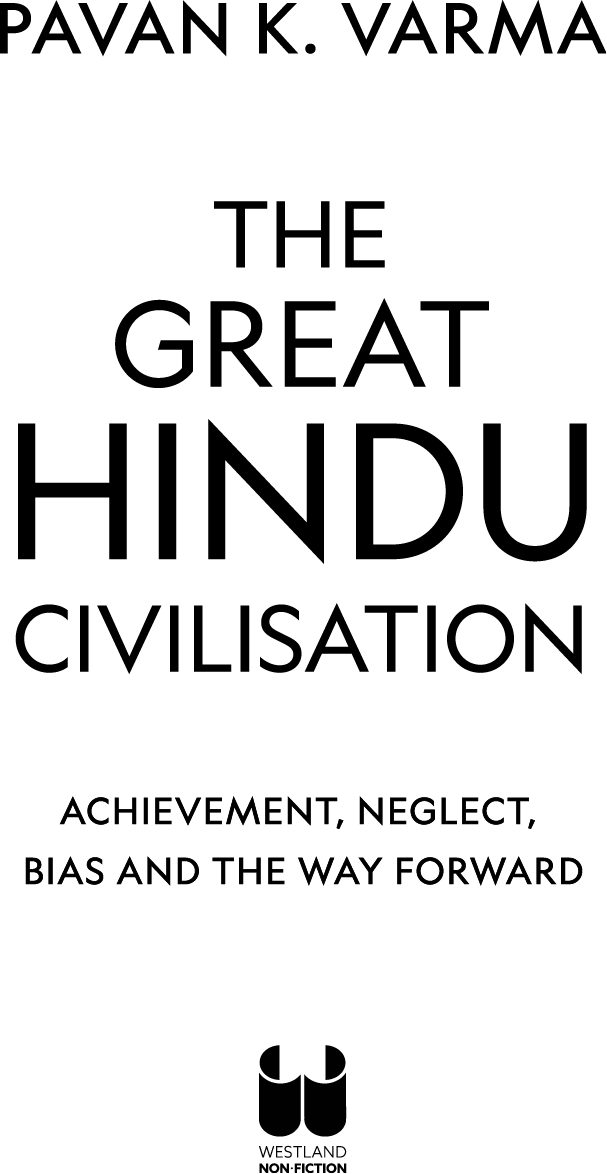
First published by Westland Non-Fiction, an imprint of Westland Publications Private Limited, in 2021
Published by Westland Non-Fiction, an imprint of Westland Books, a division of Nasadiya Technologies Private Limited, in 2022
No. 269/2B, First Floor, Irai Arul, Vimalraj Street, Nethaji Nagar, Allappakkam Main Road, Maduravoyal, Chennai 600095
Westland, the Westland logo, Westland Non-Fiction and the Westland Non-Fiction logo are the trademarks of Nasadiya Technologies Private Limited, or its affiliates.
Copyright Pavan K. Varma, 2021
Pavan K. Varma asserts the moral right to be identified as the author of this work.
ISBN: 9789395073288
10 9 8 7 6 5 4 3 2 1
The views and opinions expressed in this work are the authors own and the facts are as reported by him, and the publisher is in no way liable for the same.
All rights reserved
Typeset by SRYA, New Delhi
No part of this book may be reproduced, or stored in a retrieval system, or transmitted in any form or by any means, electronic, mechanical, photocopying, recording, or otherwise, without express written permission of the publisher.
To the remarkable unknown sage who wrote this
shloka in the Isha Upanishad :
Om poornamadah poornamidam
Poornat poorna mudachyate
Poornasya poorna maadaya
Poorna meva vashishyate
All this is full, all that is full
From fullness, fullness comes.
When fullness is taken from fullness
Fullness still remains.
Praise for Adi Shankaracharya: Hinduisms Greatest Thinker
Adi Shankaracharya is a valuable addition to the contemporary literature on Hinduism, a tribute to its scientific and philosophic basis, and an affirmation that it is much more than todays political ideologues depict. Shashi Tharoor, The Hindu
I regard Adi Shankaracharya: Hinduisms Greatest Thinker as a must-read for all Indians who want to be acquainted with the spiritual genius of India, which has a profound philosophical underpinning. Valson Thampu, Daily O
Pavan K. Varmas Adi Shankaracharya: Hinduisms Greatest Thinker is a comprehensive study of the life and times of the eminent philosopher. A meticulously researched volume, Varmas book is a dedication to the great seer, sage and thinker The Times News Network
Much of the writings on Shankaracharya, so far, have been just a representation of his writings, often in pamphlets. There have been various attempts to put together a biography, or as part of works on the mutts. In this book, it is all about the sages audacity of thought, and the scientific validation of the concept of Brahm. Vijaya Pushkarna, The Week
Praise for The Greatest Ode to Lord Ram: Tulsidass Ramcharitmanas
An eminent scholar, diplomat and politician, Varma has authored a book that challenges the anti-Hindu critics of Ram as well as the anti-Muslim Hindu right. The Hindu
Pavan Varma has devised an ingenious method of cutting through Tulsidas copiousness and immensity while retaining the integrity and flavour of the original. The Tribune
The book is an effort to bring out the beauty of a text, which was once written in the language of the people, but a vast swathe of urban north India itself cannot comprehend Awadhi, let alone the rest of the country. The Week
Contents
From my point of view, the fact that a great Hindu civilisation existed, and continues to exist, is not in doubt. It is marked by great antiquity, substantialeven unprecedentedrefinements, audacity of thought, and achievements both in the spiritual and secular realms. This does not mean it is unblemished, and objectivity demands that the blemishes too must be taken into account. Nor does it mean that it evolved in an insular silo or untouched by outside influences. On the contrary. And yet, this intermingling has not diluted or erased its essential identity as a verifiable civilisation. Unlike many other great civilisations of the past, the Hindu civilisation has not become a historical relic, an antiquary of the past, but has survived as an unbroken continuum to the present.
It is important to know more about this civilisation, most of all for Hindus themselves. The civilisation faces a rather unfortunate paradox. On the one hand, it is notable for its resilience and continuity, and its spillover into every aspect of a Hindus life; and, on the other, Hindus themselves show little real curiosity or interest in knowing more about it. This indifference is a matter of concern, not least because, if Hindus do not know about their own civilisational legacy, their authenticity as Hindusbased on knowledgeis stunted and reduced to ritualistic tokenism.


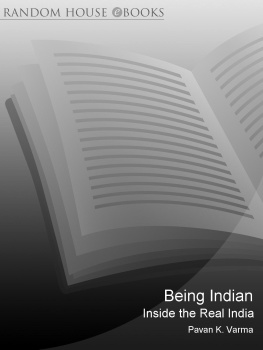
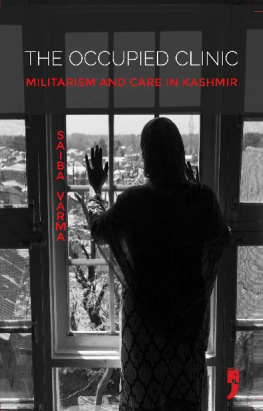
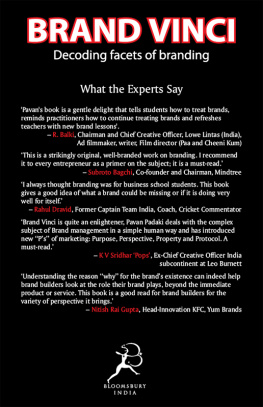
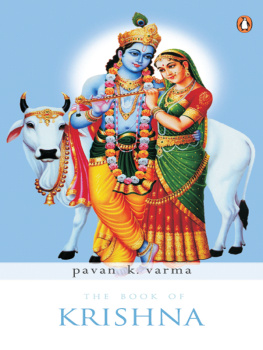

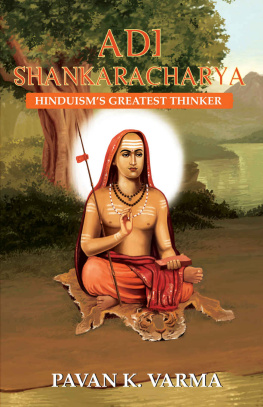
![Jayant Varma [Jayant Varma] - Learn Lua for iOS Game Development](/uploads/posts/book/124117/thumbs/jayant-varma-jayant-varma-learn-lua-for-ios.jpg)
